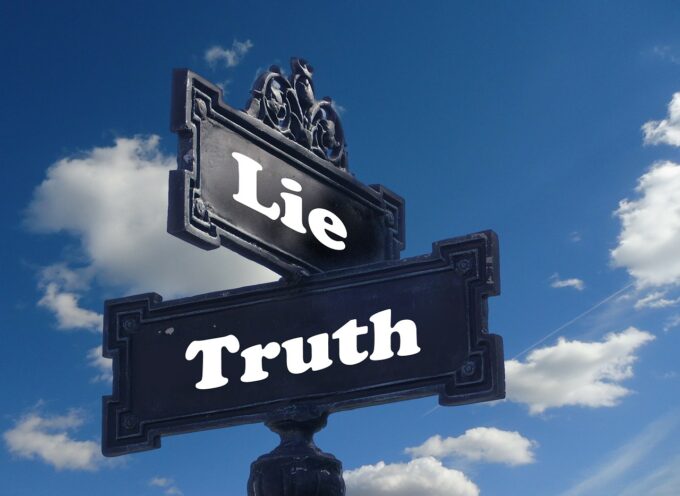During the modern age, the average shelf life of national constitutions globally has been 17 years, according to legal scholars at the University of Chicago. And yet, the United States has lived under the same constitution for nearly 250 years, the longest stretch of any nation on Earth.
Why has our nation been able to live under the same charter for this long?
As Joseph Tartakovsky argued recently, one of the reasons is that we have been able to maintain a national culture that has stabilized and sustained the Constitution and its Bill of Rights. He writes:
Constitutionalism is not a mere institutional form but a culture—a set of sentiment, habits, and assumptions, a permeating spirit that animates an otherwise lifeless paper scheme. Without this instinctive loyalty, the Constitution’s checks and balances are barricades of foam and counterweights of butterfly’s breath. It is not in having a constitution that our strength lies, but in cherishing it. So long as we keep the faith, our Constitution will be displaced no sooner than an ant tips over the Statue of Liberty.
Tartakovsky’s article caused me to reflect on how our nation’s “permeating spirit” is decreasingly able to sustain the Constitution and its Bill of Rights and—more to the point—the type of civic virtues we need expect from our political leaders if we want to reweave the torn fabric of our national culture.
Here are seven civic virtues we should expect from our nation’s leaders:
- Honesty/Trustworthiness: An honest and trustworthy public officeholder aims to tell the whole truth of a given situation, rather than merely the partial truths with which partisans or special interest groups are concerned. She seeks to be forthright about her mistakes and shortcomings, keeps her promises, and refuses to lie about persons on the other side of the aisle.
- Goodwill/Civility: A good-willed and civil political leader is one who recognizes the inherent dignity of the people whom he governs. Such respect is especially important in our increasingly polarized and plural society, as a political leader’s humane disposition can be a soothing balm to a society with open wounds of mistrust, anger, and even hatred. Respect for human dignity issues forth in civil speech, empathy toward others, curiosity about their perspectives and life experiences, and openness to learning.
- Humility: The best political leaders exhibit a unique combination of professional resolve and personal humility. A humble office holder is one who thinks less often about himself than he does about those whom he serves. He cultivates an accurate sense of himself, knowing his own merits and demerits. Humility is especially significant in the highest offices of the land, enabling leaders to focus on public service rather than competition for wealth, power, or honor.
- Justice: The Roman lawyer Ulpian wrote, “Justice is a steady and enduring will to render to everyone his right.” And this strong will for right-ness is vital for political leadership. It causes officeholders to seek the common good instead of the self, the party, or the tribe; to view themselves as under the law rather than above it; and to correct unjust laws or practices when presented with the opportunity.
- Wisdom: A wise politician is one who is able to discern right and wrong in complicated situations. She recognizes her limits, seeks the counsel of others, and is receptive to correction.
- Courage: At its best, courage is not only willingness to take risks, but willingness to do so for the sake of something or somebody we love. A public office holder demonstrates courage when she does the right thing even though she is going against the grain of opinion or might otherwise suffer personal loss because of her choice. She will have the wisdom to know the difference between fortitude and foolhardiness, and to know when to bite her tongue or bide her time.
- Self-Control: The best political leaders demonstrate self-control not only by gaining mastery over desires and passions in their private lives, but by exercising restraint in their public speech and actions for the good of the nation.
Given the increasingly toxic nature of contemporary American politics and public life and the cynicism with which many of us are tempted, a plea for civic virtue is easily laughed off. But the cultivation of civic virtue is necessary for the common good and it is one of the few ways that ordinary citizens—by holding ourselves and our politicians accountable—can wield an outsized influence on the future of our nation.
More importantly—for Christians—the cultivation of civic virtue in our own lives increases the possibility our neighbors will lend their ear when we talk about a King who offers citizenship in a greater Kingdom, a kingdom with no end.
Subscribe
Never miss a post! Have all new posts delivered straight to your inbox.







